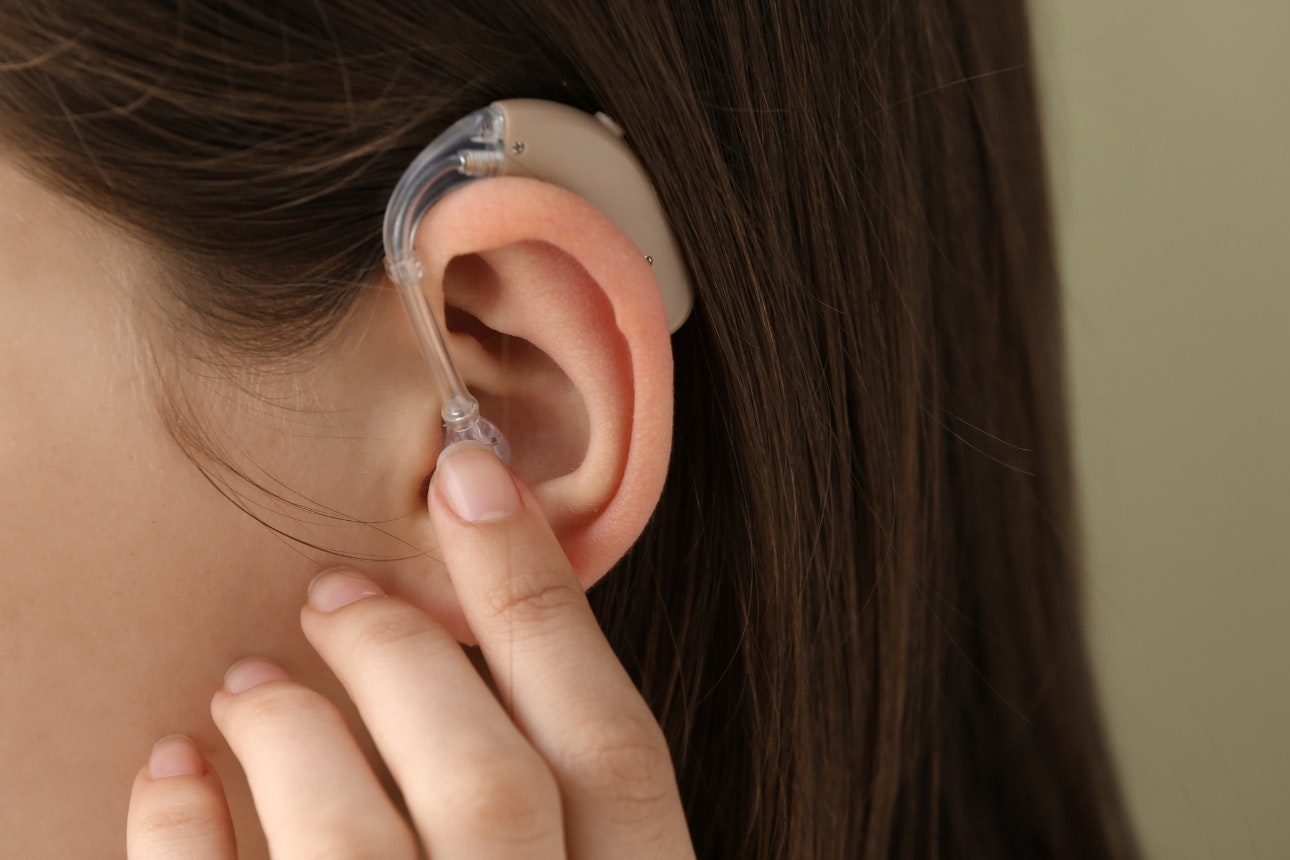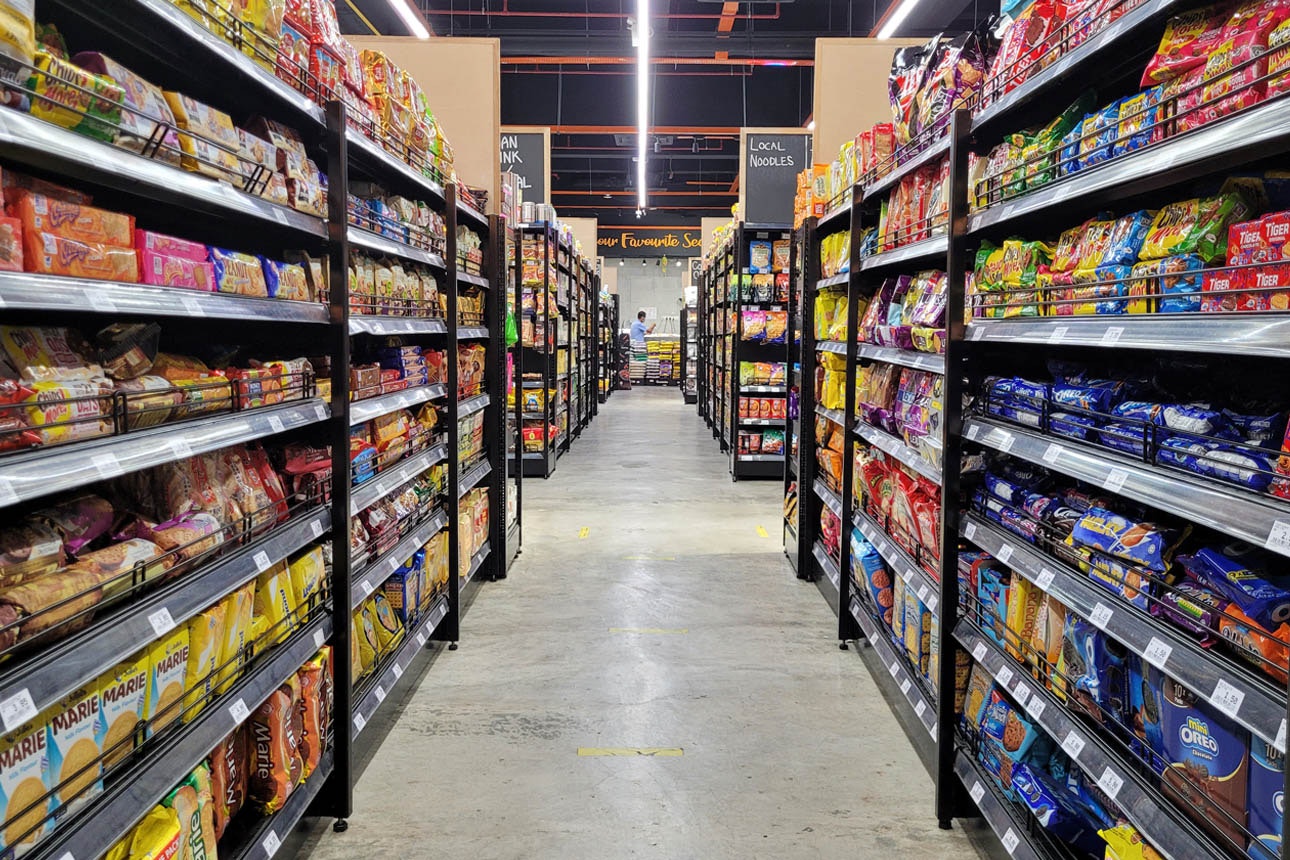
By Vanessa Pratley
Investigative Journalist | Kaipūrongo Whakatewhatewha
The end of Autumn coincides with the final flurry of falling leaves and colder mornings.
For me, it’s also a time of constant sniffles, coughs, and an everlasting cold. It’s usually time to visit my doctor when these symptoms develop into something more as winter arrives.
The last time I tried to book an appointment was in March this year, and I faced a month-long wait for an over-the-phone consultation. An in-person visit seemed out of the question.
At the time, I thought I was lucky it wasn’t an urgent issue. But now, I wonder what will happen when winter hits and illnesses like influenza and Covid-19 become more common. Will people be able to see their doctors in time?

‘We are getting a poor deal out of our health services.’
I asked Consumer NZ supporters to share their experience with wait times to see their GP.
Henry and his wife have been on a waiting list to be enrolled with a GP for over a year. A recent check of their progress revealed they were 100th in line. The couple lives two hours away from the nearest emergency care. “We don’t know what we would do if we required emergency treatment,” Henry said.
Peter told me a similar story: “It started early last year; I needed to start looking for an appointment at least three weeks in advance. Now I have to book a month in advance to be sure of getting a slot.”
Andy’s response summed up what other supporters were feeling: “We are getting a poor deal out of our health services.”
These were just a handful of the responses I received.
A six-week wait for a phone consultation
One of the most concerning responses came from Natasha, who said she knew of older people upset at the long waiting times. “I also know people who have been discharged from hospital with instructions to seek post-operative care from a GP within a week but are being asked to wait for weeks instead.”
Her own experience was worrying too.
“I made an appointment for a phone consultation with my doctor, and it is a six-week wait.”
Phone consultations and other telehealth services have gained popularity since Covid-19 reduced our in-person access to GPs.
If you need something checked – like a rash or blood pressure – telehealth isn’t likely to be effective. However, it can be a handy tool in the right circumstances.
According to the Ministry of Health, telehealth is supposed to give patients “faster access to care and shorter wait times” and enable patients who live far away to access their GP.
For the former DHBs, it was supposed to help create a “fairer health system because of better access to care.”
But Natasha’s experience of a six-week wait for a phone consultation highlights that measures that are supposed to ease the burden on the health system aren’t working as intended.
So, what’s actually happening on the front line?
No downtime for doctors
Crucially, our GPs are working hard.
Dr Vicky Jones, a Katikati GP, starts work at 7.15am. She reads at least one hundred emails she’s received overnight - test results, queries, letters.
At 8am she gets ready to see patients. She’ll see 14 of them between 8 and midday, with 5 minutes max for a breather and some caffeine.
Later, she’ll have 15 minutes to eat some much-needed lunch. She spends the rest of her lunch hour working, writing referrals and repeat prescriptions, and attacking her inbox, which has been growing since earlier that morning. Then it’s more consultations, more emails, and more prescriptions. Dr Jones leaves work nearly 11 hours after she arrives.
“There is no downtime.” Dr Jones also works on a Sunday, because the mountain of emails in her inbox becomes too difficult to tackle if she doesn’t.
When I ask Dr Jones if she’s burnt out, like 79% of the GP workforce indicated in a recent survey by The Royal New Zealand College of General Practitioners (RNZCGP), she’s modest in her reply.
“Sometimes I am tired. I have a husband and friends that listen, and an awesome team at work. It’s also the patient relationships I have, and the difference that I know I can make, that keep me from being burnt out.”
Wait times at Dr Jones’ clinic are around 9-20 days, depending on the doctor. The clinic has an urgent service every day that two doctors and a nurse run, but it’s a difficult balance to maintain. Having too many emergency slots means less time available for routine appointments and longer wait times. Not enough emergency slots and patients might have to be sent to Tauranga, 35km away.
Dr Jones says she and her team work hard and intensely to get through the backlog. Her practice is reviewing its processes to make sure its services are as optimised and efficient as possible.
But it’s not as easy as it sounds.
“Increasing patient complexity and overloaded hospitals make our attempts to catch up feel fruitless.”
Patients are gambling on our healthcare system
Dr Samantha Murton, president of The Royal New Zealand College of General Practitioners (RNZCGP), said wait times vary across the country. Still, according to Te Tāhū Hauora Health Quality and Safety Commission's (HQSC) patient experience survey, “only 36% could get an appointment the same day or the next working day. Most people are waiting a week or more.”
Over 20% of respondents said they had to wait more than a week to get an appointment, while 24% of all respondents recalled a time in the last 12 months when they wanted health care but could not get it, according to HQSC.
Māori are more likely than Pakeha to have trouble accessing care.
Wait times are likely to increase with winter approaching and GPs putting extra rules in place to prevent the spread of respiratory illnesses, such as asking patients to wait outside the practice. Protections like these tend to slow down the speed of consultation and add to further delays, Dr Murton said.
Dr Murton explained that “the increase in wait times is due to lack of doctors, lack of nurses, complexity of work and burnout meaning people have no capacity to take on extra work if someone is sick or on leave.”
She confirmed it’s been getting worse and wait times will likely continue to be problematic. According to RNZCGP’s most recent workforce survey, 37% of GPs who answered indicated they intended to retire within the next five years.
Dr Murton also highlighted other issues. “Longer wait times will quickly affect continuity of care, as patients … may be unable to see their usual doctor or might have to wait or see someone else they do not usually see if they have to be seen acutely.”
What would help?
I asked our Katikati GP Dr Jones if she could think of any solutions to improve GP wait times, and she’s full of them.
“Better access to dieticians, clinical pharmacists, physiotherapists and counsellors. Often patient expectations can’t be met by a 15-minute appointment, it’s unsatisfactory for me and for them because I want to provide thorough medical care.”
“The funding we receive does not cover the costs of the multiple appointments needed to care for our patients, nor for our rising expenses or pay parity for our nurses.”
In April, Government announced it was making it easier for health practitioners overseas to move to New Zealand to bolster the system's numbers. Immigration NZ said it considered the roles “critical to the delivery of health services in New Zealand.”
Yet, Dr Jones said she hadn’t seen an influx of new staff.
Despite recent institutional changes to our health system with the introduction of Te Whatu Ora, which among other goals, aimed to improve access to care and better meet “the complex demands of a growing population”, the system is as strapped as ever.
A report commissioned by the Department of Prime Minister and Cabinet showed current funding formulas were woefully inadequate and supported the creation of a new formula. It has yet to lead to any changes but will prove useful for policy development in the lead up to and following the election later this year.
Dr Jones knows it’ll be difficult, but our community’s health is at stake.
“We need more GPs. Nothing and nobody can replace us, just like we can’t replace others in care roles. We need more nurses. We need more funding.”
Places you can get care if you can’t see your GP
Pharmacy
For self-care at home, you can visit your local pharmacy. It can help with:
advice on medication
minor health concerns.
Healthline
You can call Healthline on 0800 611 116 at any time for free health advice from a registered nurse.
Nurses
You can book an appointment at your general practice to see a nurse practitioner. A nurse practitioner can:
make diagnoses
order and interpret lab tests
prescribe medicines.
Urgent care clinics
You can visit an urgent care clinic or an urgent doctor. You’ll likely have to pay a larger fee than usual.
Hospital
You can visit your local hospital’s emergency department. Keep in mind that patients will be triaged or seen in order of priority. If it’s a life-threatening emergency, call 111.

We can't do this without you.
As an independent non-profit, we depend on the generous support of our members and donors to keep us fighting for a better deal.


